How Cloudkul helps you to secure your business?
Expert security consultants providing e-commerce security assessments, network vulnerability checks, server compromise analysis, and email protection services.
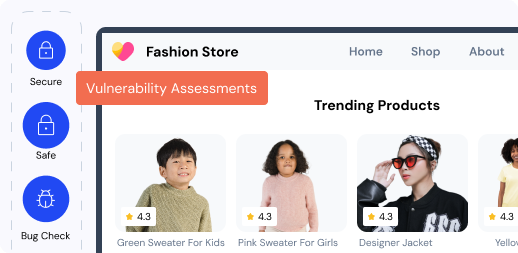
Vulnerability Assessment & Penetration Testing
Our Security Researchers perform Vulnerability Assessments on e-commerce applications. They check common Vulnerabilities found in any web application.
For examble : Broken Access Control / IDOR, Cross-Site Scripting, QL Injection, File Upload, CSRF, Directory Listing, Price Tampering, Bruteforce, DDOS etc.
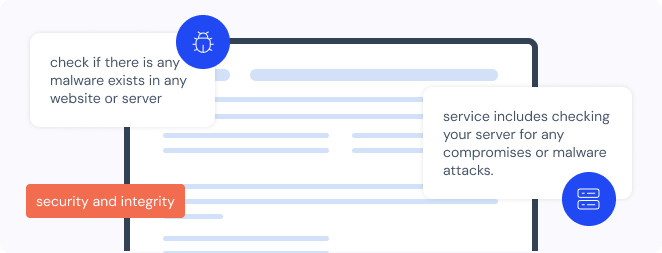
Server Compromise Check
This service includes checking your server for any compromises or malware attacks. We will thoroughly examine your server for any signs of unauthorized or suspicious activities and conduct malware analysis to identify and remove malicious software/code/.
Malware analysis involves taking necessary precautions to prevent the spread of malware within the network. Additionally, it involves the systematic removal of identified malware to ensure the security and integrity of the network.
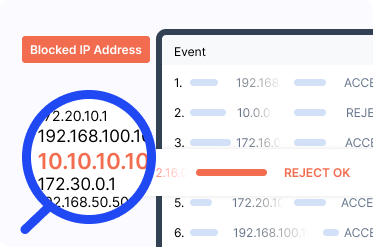
Automatic Malicious IP Detection & Blocking Based on Access Log
Our EFK extension automatically acts on abusive IPs by analyzing traffic, protecting your store from brute force, DDoS, and similar attacks.
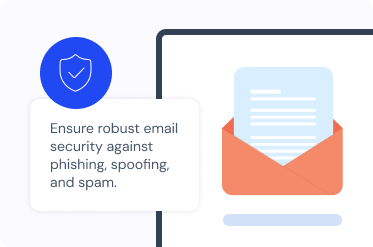
Email Security
In this service, we assess whether the mail security settings are configured correctly and compliant with the Email Security Standard. We checked Email Security Standards and verified if the client's mail services aligned with these security protocols.

Cloud Security Assessment
Cloudkul analyzes your cloud environment to identify vulnerabilities, optimize security posture, enhance data protection, and ensure compliance with advanced access control, incident management, and network security solutions.
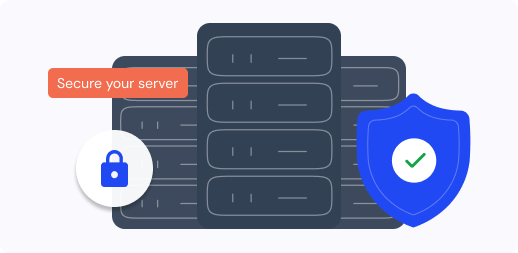
Server Security
In this service, we conduct thorough checks on server configuration, security group settings, ACLs, and port scanning to enhance security measures.
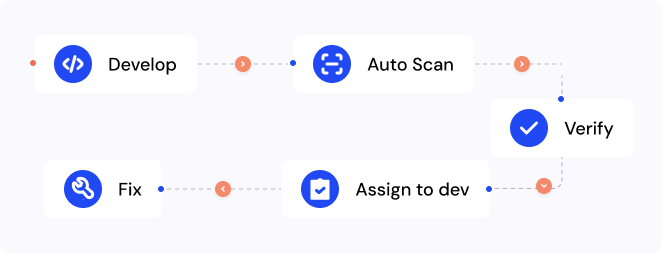
SAST Security Assessment
We are also providing SAST (Static Application Security Testing) Security related service. For these, we perform Source Code reviews and point out vulnerable code that leads to severe security issues. In this, we generally check the Encryption algorithm used in that application, used algorithm and check whether the query fetched data from the database is Parameterised or non-parameterized.

